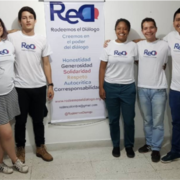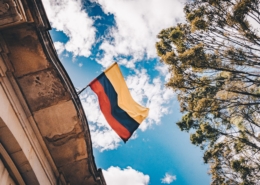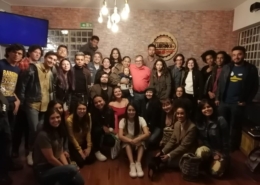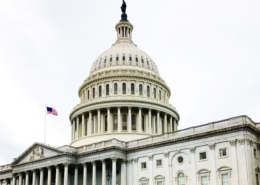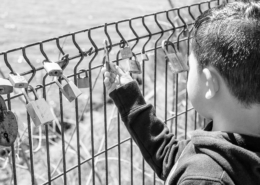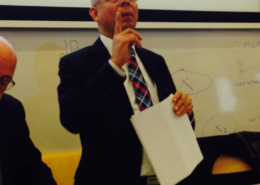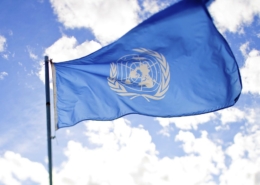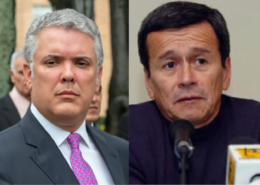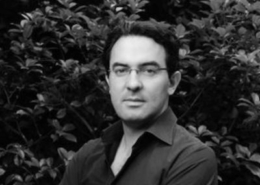April 24 / 2020
“[Cali is] a city that needs education for peace. […] It is very important to work on this with our young citizens, so people can reflect on how violence cannot be normalised. Otherwise, we are left with the idea that Cali is violent, or that Colombia is violent. Just as you learn things, you can unlearn others.”
Freddy Alpalá, Embrace Dialogue Cali
Cali, located in Southwest Colombia, close to the Pacific Coast, is one of the largest cities in the country. It is widely known as the salsa capital of Colombia; people from all over the world visit Cali to enjoy its street festivals and musical landscape. However, it is also infamous for its high violence rates, and is affected by the presence of guerrilla, paramilitary, and drug-trafficking groups. Cali was home to the Cartel de Cali, one of Colombia’s most famous drug-trafficking groups. Historically, drug-trafficking has underpinned many of the violent dynamics in this city.
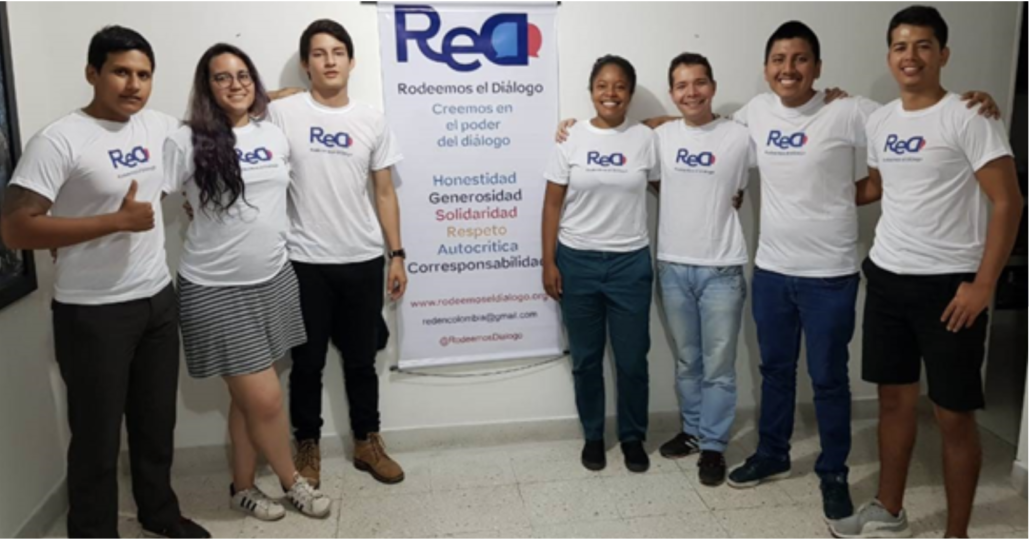
In this context, in February 2017 a group of students from the Universidad del Valle, Cali’s public university, decided to start an Embrace Dialogue (Rodeemos el Diálogo-ReD) chapter in their city. Ever since, they have worked especially on pedagogical projects, that seek to educate empowered, critical-thinking citizens, who can contribute to peacebuilding in Colombia.
The members of Embrace Dialogue Cali (ReD-Cali) began by learning the affective-participatory methodology which ReD-Bogotá designed with their work in “non-workshops” with school students of different ages and social sectors. These “non-workshops” comprise pedagogical tools that seek to transform participants emotionally. ReD-Cali then began conducting “non-workshops” with young people from public and private schools in their city.
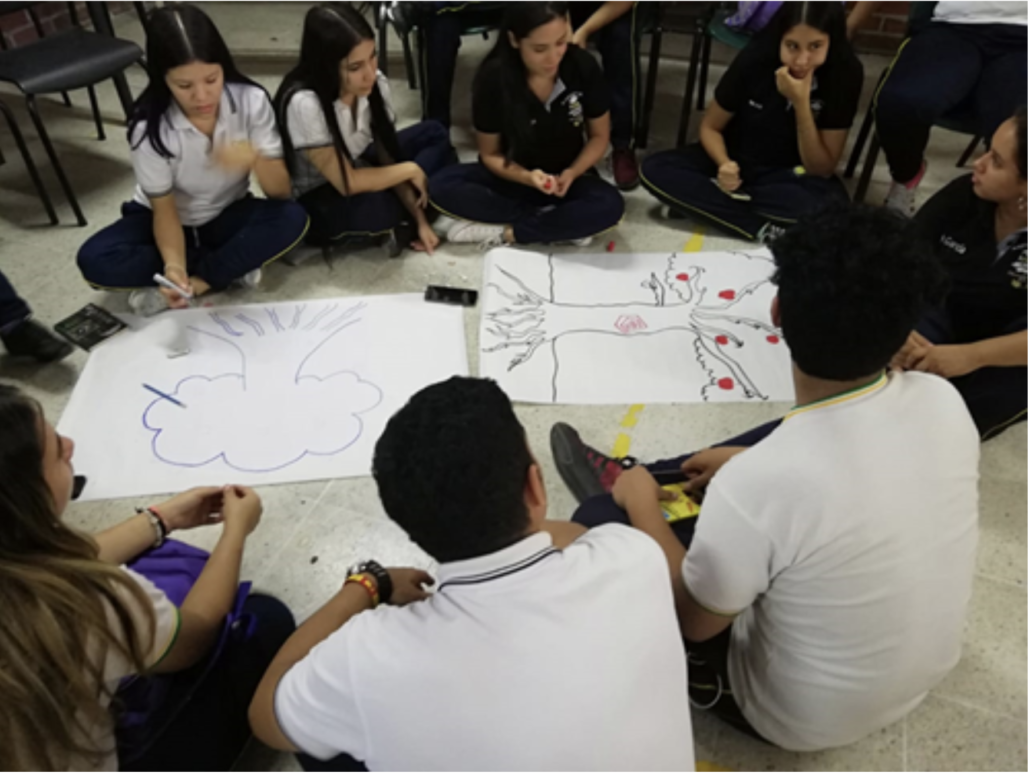
In 2018, ReD-Cali participated in various competitions run by the city’s Mayoralty, to gain visibility as a group and improve their work. Their work achieved much recognition in this way, and the Mayoralty published some reports and photos of their “non-workshops” in a compilation of the most successful peacebuilding initiatives in Cali, even selecting ReD-Cali as Cali’s 2018 “peacebuilding project of the year”.
In 2019, together with the Embrace Dialogue chapters in Pasto and Bogotá, ReD-Cali began adapting their non-workshops to include a special focus on explaining the work of the Truth Commission in Colombia. This initiative is part of the Memories from the Margins (MEMPAZ) project, led by the University of Bristol and the Institute of Political Studies and International Relations (IEPRI) at the Universidad de Nacional de Colombia. The objective of these new non-workshops is to communicate to new generations, many of whom have been only indirectly affected by the armed conflict, the value of truth as a public good, and explain why it is necessary for reconciliation in Colombia.
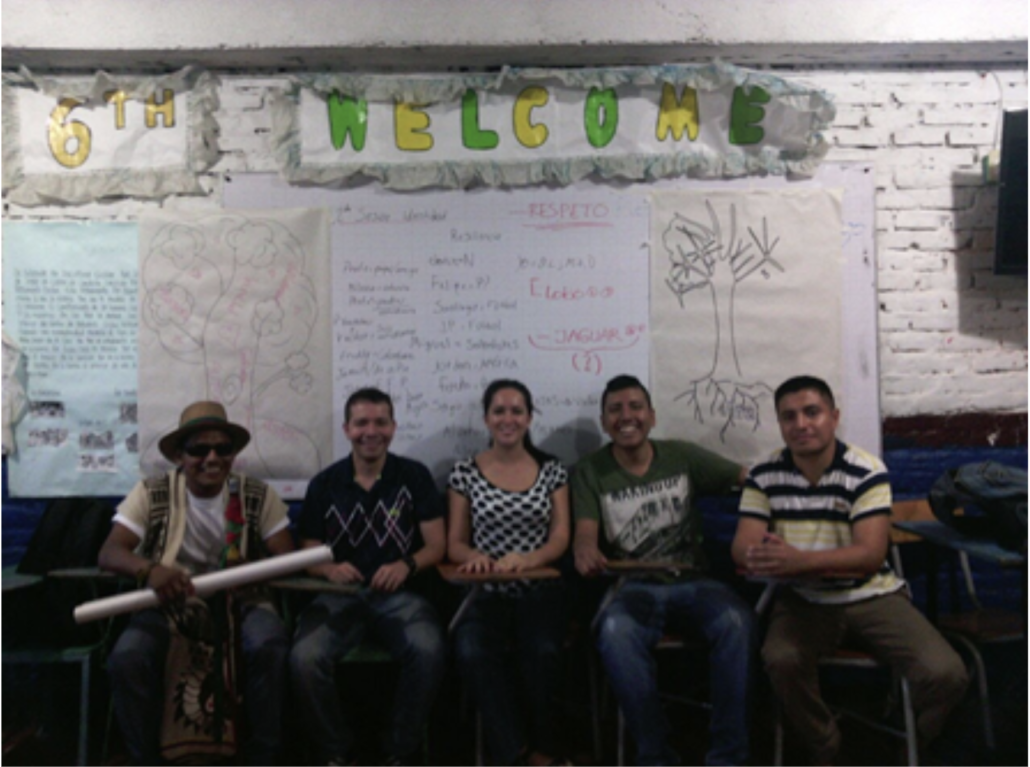
During these three years, ReD-Cali has done work in 13 schools and worked with 718 students. These young ReD-Cali members are setting an example of how to work collectively in peacebuilding.
In 2020, ReD-Cali continues this important work. They have developed new alliances with various state institutions, including the Cali Mayoralty’s Secretariat of Education and Secretariat of Peace and Citizenship Culture, and the Truth Commission’s local “House of Truth”, as well as with other civil society initiatives that seek to support reconciliation. These alliances aim to bring the concepts of peacebuilding into the daily life of Cali’s citizens.

